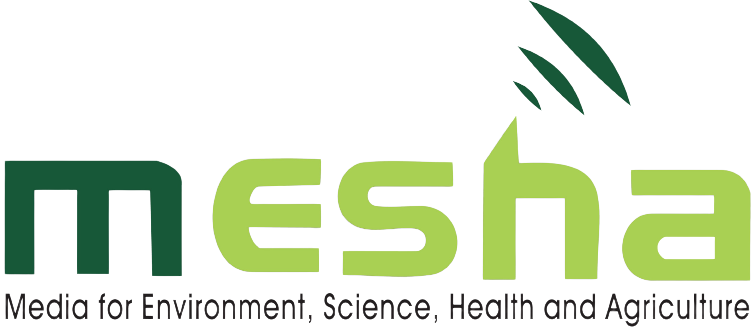As the world reels under the debilitating effects of a serious health crisis with “SARS-CoV-2” and the disease it causes “coronavirus disease 2019” (COVID-19), now declared by the World Health Organization as a pandemic, it is important that authorities world over think outside the box to secure a food secure world post coronavirus time.
Even as we, science journalists from MESHA, join the rest of the world in supporting measures to prevent further spread of the virus, do believe that the world’s long-term stability rests on several pillars, one of which is food security.
We wholly recognize that unrestricted international movement of seed is critical to ensure food security. Today there is no country that could fully supply farmers with seed of their choice solely from their own production. Seed companies produce and trial seed in different countries all over the world as a way to mitigate the risk of crop failures due to adverse weather conditions.
It is therefore imperative that all African countries allow free movements of seed at this time of the year.
By finding optimal locations for seed production, timing of harvest, and localized expertise, the seed sector ensures the steady supply of seed for farmers everywhere.
Therefore, closing borders or even slowing down the transboundary movement of seeds could create a significant problem in the seed supply chain.
Given the current situation of the COVID-19 pandemic, a few countries have stopped movement of seeds across borders. This is sad. If this trend is allowed to continue, it will be catastrophic for African countries of unimaginable proportions in the next few months as there will be inadequate harvests a situation that will lead to food insecurity, malnutrition and hunger.
Since seed has not been found to be a causal agent of the coronavirus, we appeal to all Member States to refrain from interrupting seed movement.
If the seed does not move anymore because people are scared of this pandemic, it will be difficult for the continent/the region to recover from the likely repercussions for a long time to come.
Already the situation of food security in Africa is precarious and any further interference with the seed value chain will bode ill for all of us.
We join others, especially voices from the seed sector in asking governments to facilitate the international movement of seed and not to impose restrictive measures. Given their past records in practicing due diligence, we are confident that seed companies will take all necessary measures to guarantee the health and safety of workers who are involved in the shipment of seed.
Let all the concerned authorities all over Africa, and the world ensure the most favourable conditions possible for the supply of farmers with all plant productive material they need for a successful harvest in 2020, while respecting all necessary restrictions for the health of all people.
That way, we would have secured a food secure world post the coronavirus pandemic.
